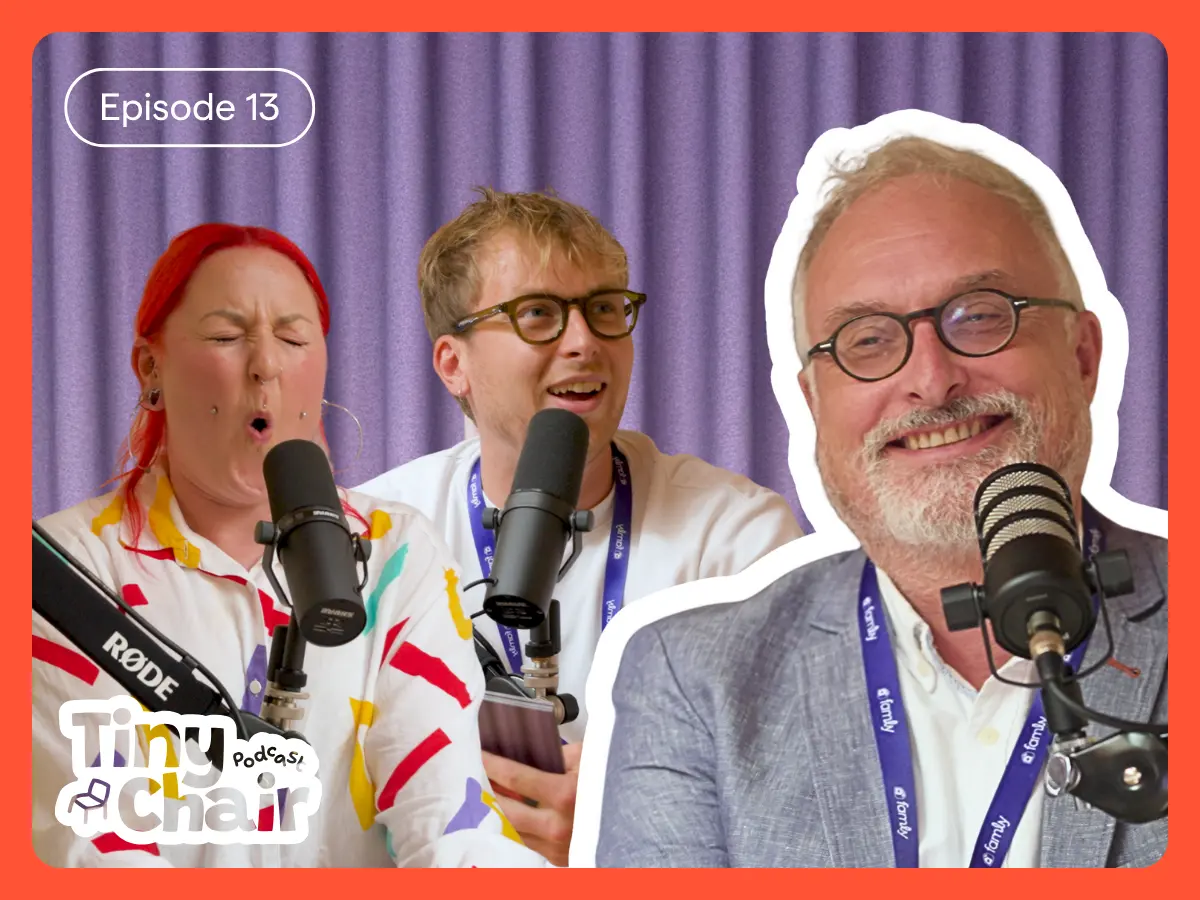

Jan is an Early Years expert, consultant, trainer & writer. He is the Programme Director for hey! at Hempsall’s and, in 2018, the Times Educational Supplement named him as one of the ten most influential people in British education. He has decades of experience in the sector, as a Nursery, Reception and Year 1 teacher in schools across Britain and then leading teams as an Early Years coordinator. He is the former Head of National and International Development at Early Excellence, and now works as an independent speaker, consultant, trainer and author focusing on Early Years policy, pedagogy and practice.
Jan emphasises the importance of educators' confidence in their own judgment as the most transformative factor for the Early Years sector. He discusses the concept of "creative compliance," where educators interpret statutory requirements in ways that make sense to them, while still complying with regulations. Jan suggests that external pressures on Early Years practice often come from within the sector itself, rather than just from government bodies.
"The statutory, the legal requirements of what we're required to do are actually quite open and quite interpretable, which is why that confidence is so important, because I think you can interpret that in different ways," says Jan, "Kathy Gooch wrote about the concept of 'creative compliance', that you comply with things, but you do it in the way that makes sense to you. And I would say, actually, the current EYFS is the most most autonomous, most professionally supportive one we've had."
I think all the best educators, they are eclectic in terms of their drivers and their inspirations. And you draw from lots of different things around your own values, your own experience, your own beliefs, your own knowledge. The conversations you've had, research you've done, articles you've read. And they are, they are all individual. And having seen outstanding early as educators, it's the impact of what they do, not what they do which defines them. They all do it very, very differently.
Jan Dubiel, Consultant and specialist in Early Years education
Jan expresses his view that the word "play" is not appropriate to describe children's learning and development in Early Years settings. He argues that the term "play" undersells the complexity and seriousness of children's activities and may lead to misunderstandings about the value of Early Years education. Jan suggests that the lack of a clear definition for "play" in the Early Years context is problematic and calls for more open discussions about terminology in the sector.
"I started coming to the conclusion that play wasn't the right word to describe what children do," says Jan, "The children's learning development is really complex. It's very sophisticated. I think the word 'play' undersells that and actually ironically devalues it, partly because the word play in general language means something frivolous or something you do just for leisure."
I don't think young children ever do anything that's frivolous. Everything they do is really, really serious and really important. I think when we talk about play to people, particularly outside the Early Years community, their subconscious trigger is that something not worthwhile, which it isn't. So I have stopped using the word 'play'
Jan Dubiel, Consultant and specialist in Early Years education
Jan explains the Moving the Box project, which aims to close the attainment gap by identifying children at risk of not achieving a Good Level of Development (GLD) and providing targeted support. The project emphasizes spending disproportionate time with children who need the most support, focusing on underpinnings of learning behaviors, cultural capital, and number of interactions. Jan highlights the importance of breaking down barriers with children who are wary of adults and emphasizes that practitioners can make significant changes to ameliorate the impact of disadvantage.
"the idea that you target and focus on those children doesn't mean you ignore the other children," explains Jan, "But research tells us that children who come in at a high level of development, with a high level of cultural capital, from higher social economic status, do well almost regardless of the provision. Whereas, children from lower socio economic status are most sensitive to the quality of provision, quality of interaction and the quality of the curriculum. So by focusing on them, you're literally moving, moving that box. And the thing people find most uncomfortable is the permission, if you like, to say, actually you are going to spend more time with those children."
The discussion reflects on the current imbalance in practitioner interactions, with more time often spent with articulate and confident children. Jan explains that while systemic issues like child poverty are beyond practitioners' control, they can make significant changes through targeted support and increasing cultural capital. The Moving the Box project aims to identify features of successful children and develop strategies for those at risk, with Jan expressing hope for its potential impact on closing the attainment gap.
Moving the Box is a project we've started through Coram Hempsalls, which is specifically designed to look at the attainment gap. It's driven by the new target for upping the GLD to 75%. But you know, spoiler alert, it's not actually about that. So the Moving the Box title comes from the image of three people standing on the same size box. That's equality. Equity is you move the box over from the tallest person to the shortest person, so they can see over the fence. And that's where it comes from. The idea of the project is that you identify children beginning of the year who won't get a GLD, or you think won't get GLD, and you develop a specific set of strategies and support for that individual child to change that trajectory from not getting the GLD to getting the GLD.
Jan Dubiel, Consultant and specialist in Early Years education